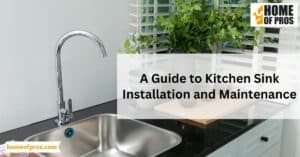Kitchen plumbing disasters can wreak havoc on your home. To prevent costly mishaps, remember these five tips: routinely check for leaks under sinks, avoid disposing of grease in drains, install strainers to catch debris, treat your garbage disposal with care, and schedule regular professional check-ups. Being proactive can save you time, money, and stress down the line.
The kitchen, while central to our homes, hides a web of plumbing that’s prone to mishaps if neglected. Overlooking its maintenance can lead to not just potential disasters, but also significant financial and time losses. Ensuring it runs smoothly is an investment in peace of mind.

1. Routinely Check for Leaks Under Sinks
Leakages, if left unchecked, are more than just nuisances; they can be silent culprits behind significant structural damages. Early detection is key. Subtle indicators, such as unexpected dampness, mold growth, or pooled water, often herald more extensive underlying problems. But how can homeowners stay ahead?
By adopting a proactive stance. This means periodic inspections beneath sinks, meticulously checking faucet bases, and ensuring shut-off valves are in prime condition. Such inspections don’t just reveal the obvious; they can uncover early signs of wear and tear, allowing for timely interventions. And when you address these minor issues promptly, you’re essentially safeguarding your home against larger, more expensive repairs down the road.
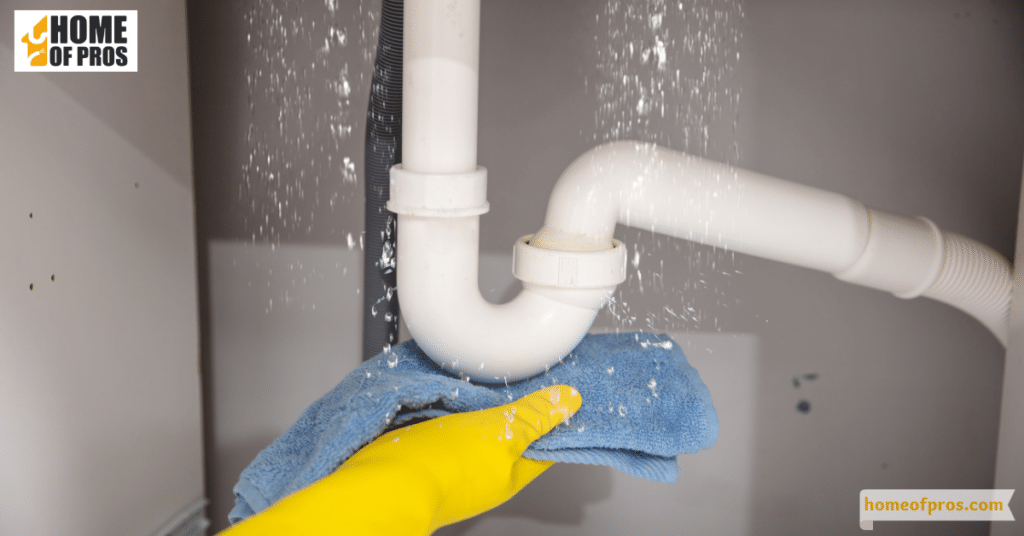
2. Avoid Disposing of Grease in Drains
A common mistake many homeowners make is underestimating the damage grease can inflict on drainage systems. Once it cools, grease doesn’t merely remain liquid; it solidifies, acting like glue, capturing other debris and eventually leading to severe blockages. This isn’t a hypothetical threat. Cities globally have reported issues with ‘fatbergs,’ monstrous blockages, often spanning miles, composed of congealed grease and other waste.
The cost of addressing these urban monsters runs into millions. Homeowners can sidestep these troubles. Instead of allowing grease to enter the drain, allow it to cool and solidify in a container, followed by trash disposal. For smaller amounts, even absorbent materials like paper towels can do the trick, ensuring that minimal grease enters the plumbing system.
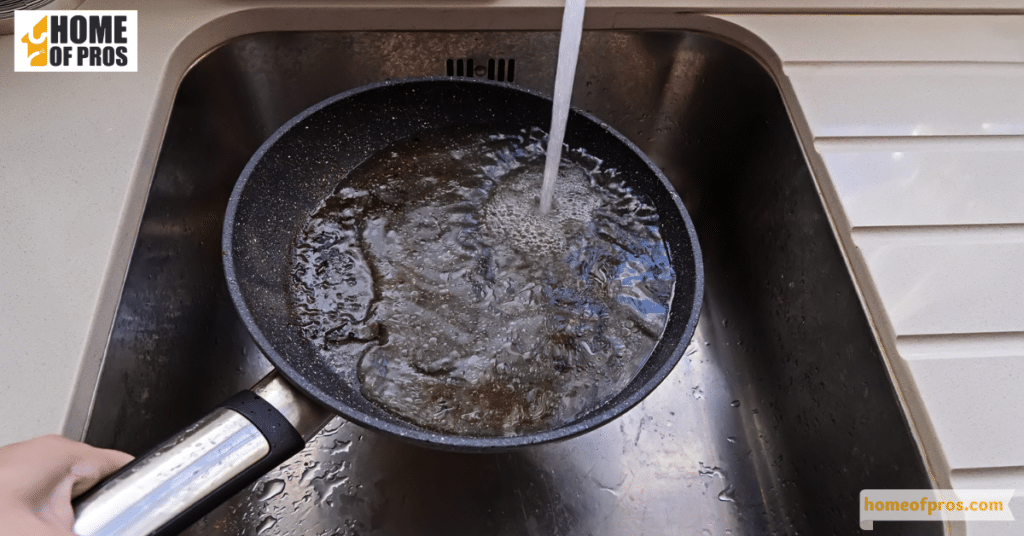
3. Install Strainers to Catch Debris
Modern kitchens witness a flurry of activities, from cooking feasts to hurried breakfasts. In this bustle, it’s easy for debris, especially food particles and the occasional hair, to find its way down the drain, becoming potential blockage culprits. Enter strainers – the unsung heroes of kitchen plumbing. By effectively trapping larger debris, they ensure a smoother flow of water, significantly reducing the chances of clogs.
But not all strainers are created equal. Mesh strainers, due to their fine construction, offer a higher level of protection. However, to ensure they serve you effectively, it’s crucial to clean them regularly, ensuring they remain free from accumulated debris and are always ready to protect your drain.
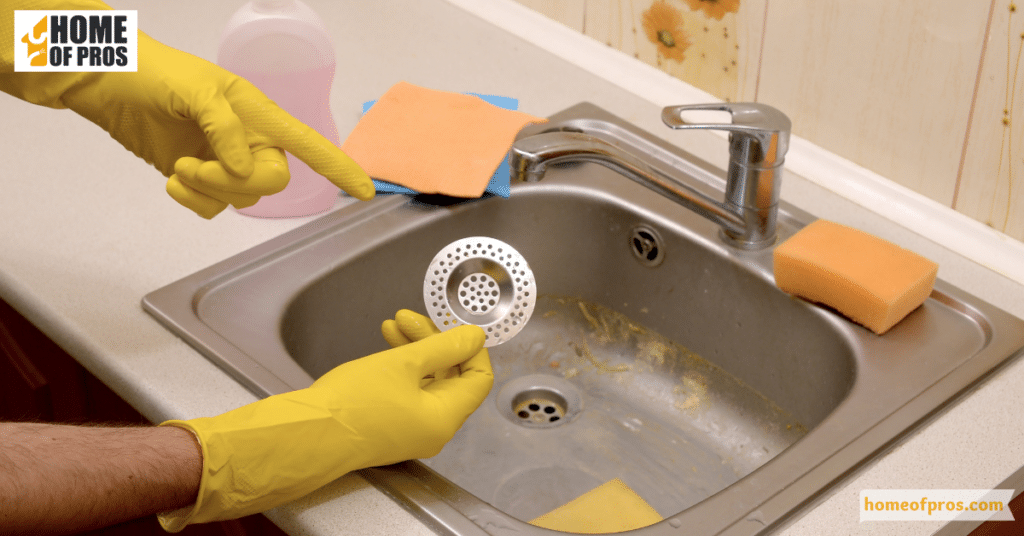
4. Treat Your Garbage Disposal with Care
Garbage disposals, those humming devices beneath kitchen sinks, play a pivotal role in modern homes. They grind down kitchen waste, ensuring efficient drainage and reduced trash. But their utility comes with a caveat—they aren’t invincible. Disposing of fibrous foods, bones, or non-food items can quickly turn them from helpers to hurdles, causing unexpected clogs or even damage.
To derive maximum utility from your disposal and ensure its longevity, a few practices can help. Always run cold water during its operation—this helps solidify any grease, making it easier for the disposal to break it down. Regular maintenance is also a must. Cleaning it using safe solutions, or even a homemade mix of ice and salt, can prevent residue build-up, ensuring it operates at peak efficiency.
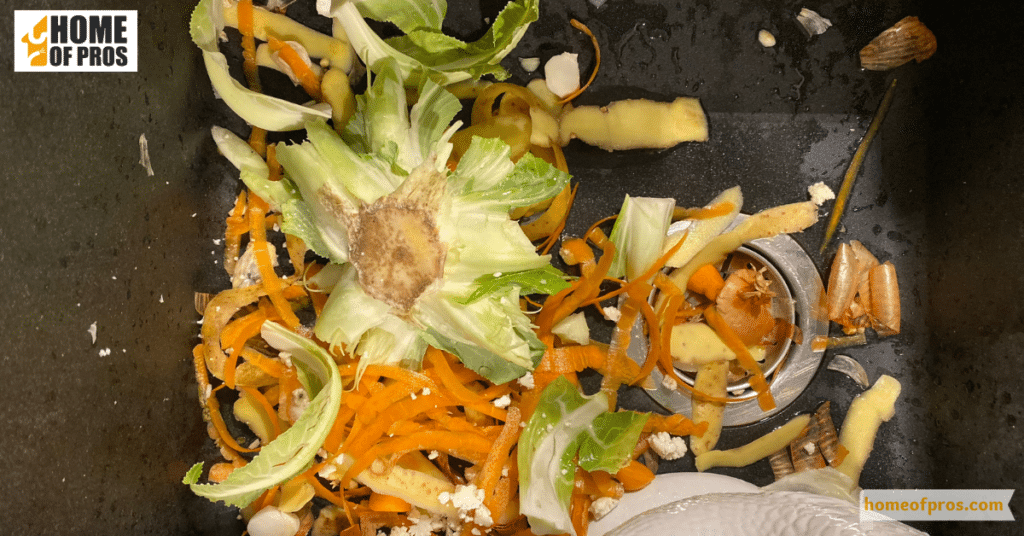
5. Schedule Regular Professional Check-ups
As with many things in life, it’s often what we don’t see that can hurt us the most. The same holds true for kitchen plumbing. While everything might appear fine on the surface, underlying issues can slowly build up, waiting to manifest at the least opportune moment. This is where professional plumbers come into play. Their trained eyes can discern problems that might escape untrained homeowners.
Symptoms warranting a professional check-up might range from a mysterious drop in water pressure to recurring minor blockages. However, even if your kitchen plumbing gives no cause for concern, it’s wise to consider an annual check-up. This proactive approach can reveal and address potential problems, ensuring your plumbing system remains in optimal condition year-round.
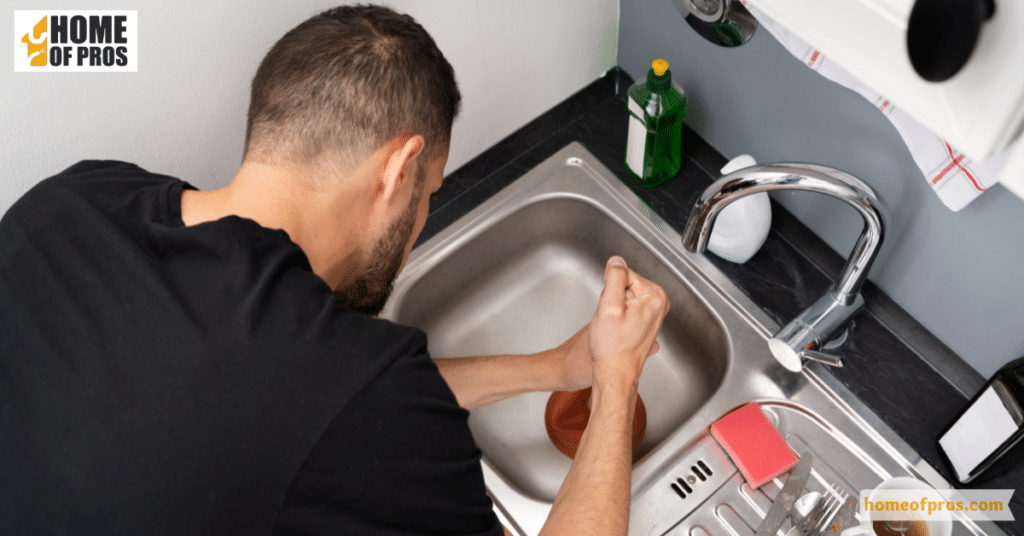
6. Be Mindful of Appliance Installations and Maintenance
Modern kitchens are often fitted with a range of appliances, from dishwashers to water purifiers, each relying on the plumbing system to function optimally. While these gadgets make our lives considerably more convenient, improper installation or neglect in maintenance can be a gateway to unforeseen plumbing issues. Before introducing a new appliance, it’s imperative to read the manufacturer’s guidelines.
Some appliances might require specific plumbing considerations or configurations for optimal performance. Additionally, regularly servicing appliances, such as your dishwasher, ensures that they’re not only running efficiently but also not putting undue strain on your plumbing. Periodic checks for hose integrity, valve functionality, and drainage can prevent sudden malfunctions or leaks.
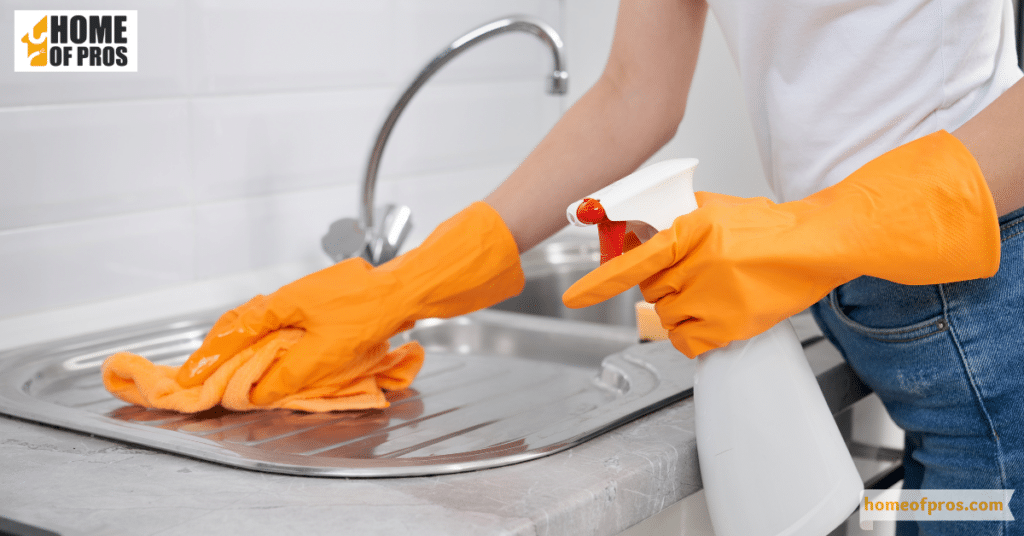
Conclusion
Our kitchens, often deemed the heart of our homes, are a blend of culinary creativity and essential utilities. Ensuring the smooth functioning of the latter—particularly the plumbing—is paramount to maintaining a harmonious, hassle-free environment. By proactively addressing potential issues, from the seemingly minor, like a small leak, to the more complex, like appliance maintenance, homeowners can stave off unwelcome surprises.
Simple preventive measures, combined with periodic professional check-ups, can mean the difference between a well-functioning kitchen and a costly disaster. Ultimately, by investing a little time and care today, we can ensure a resilient and efficient kitchen plumbing system for the future.





